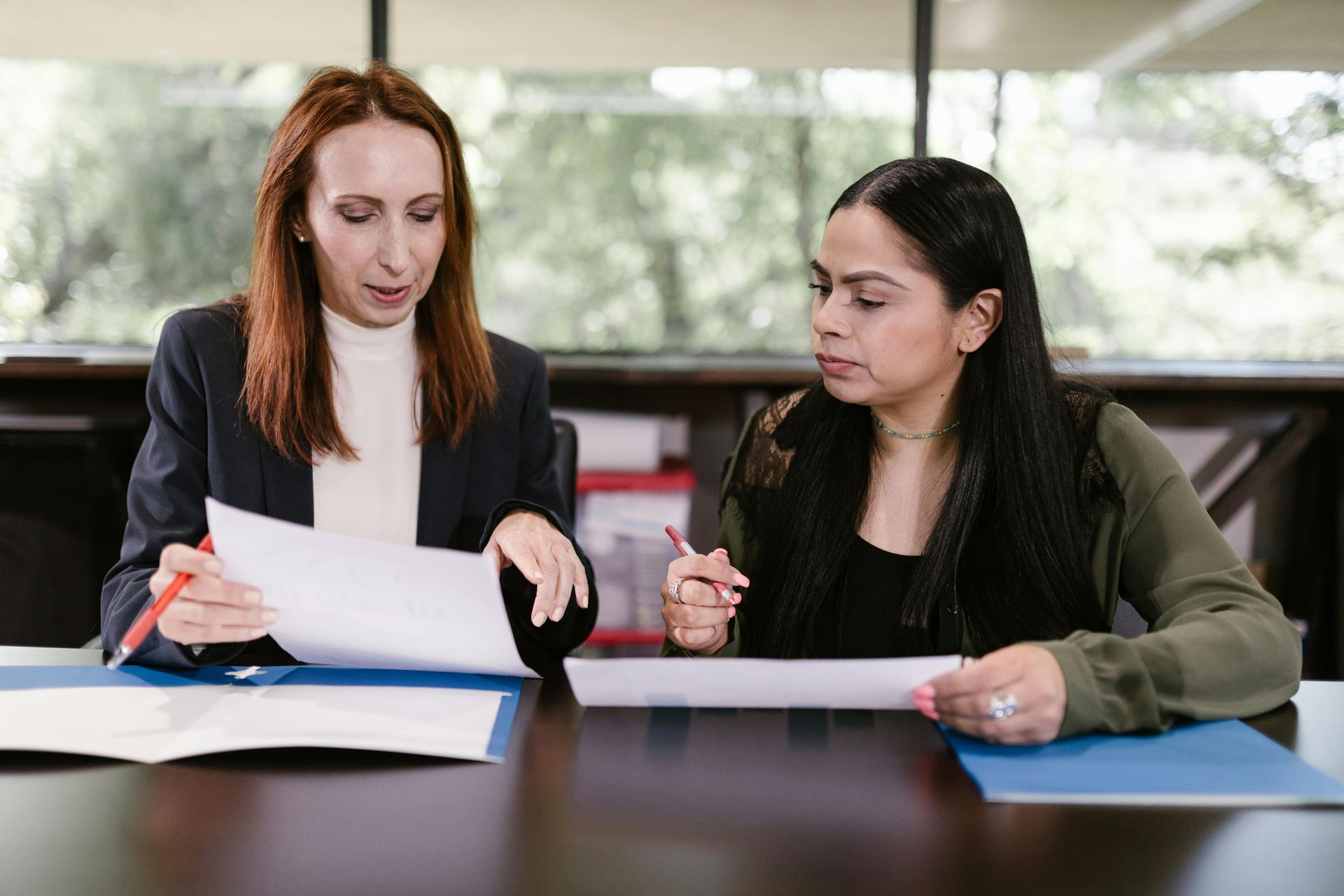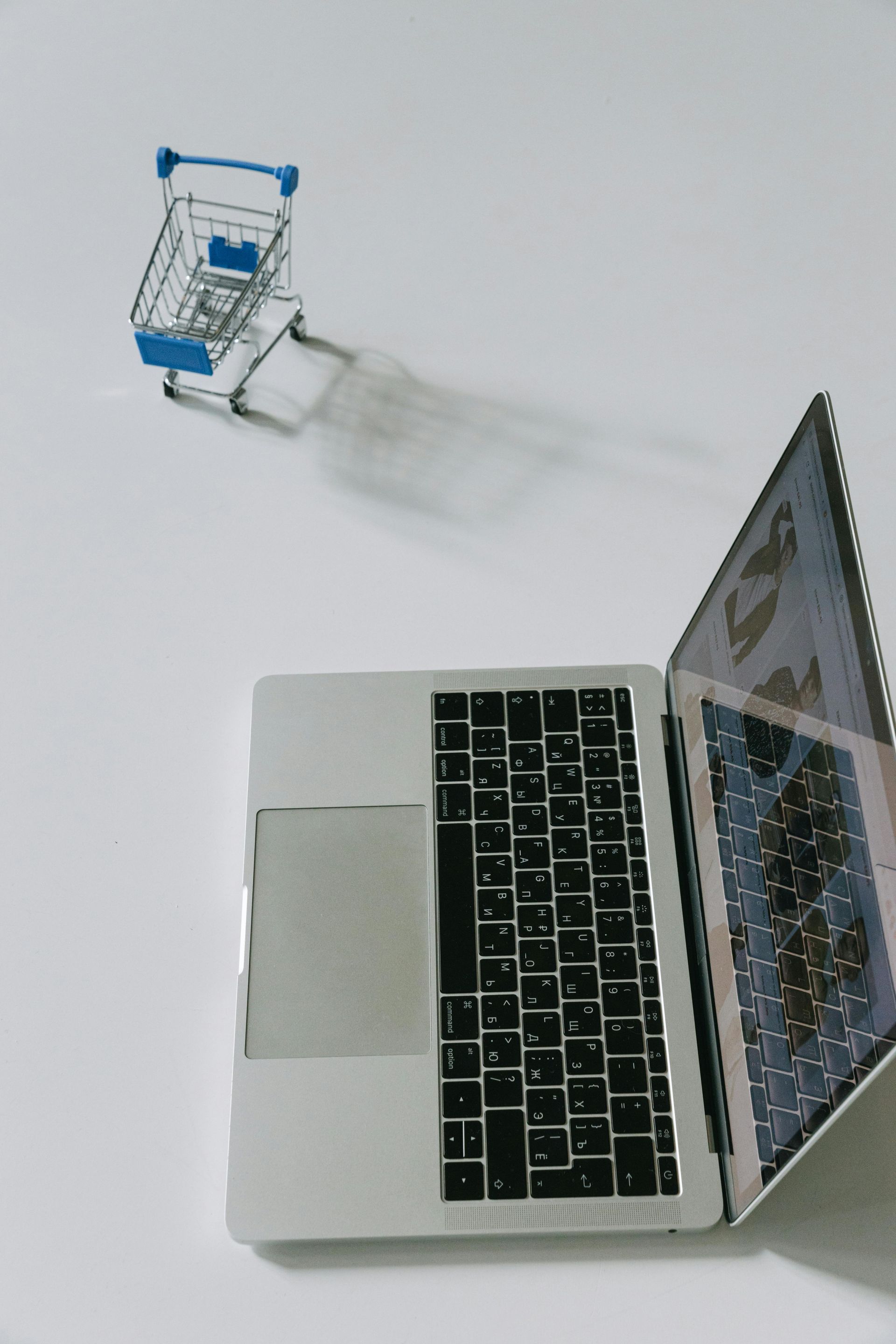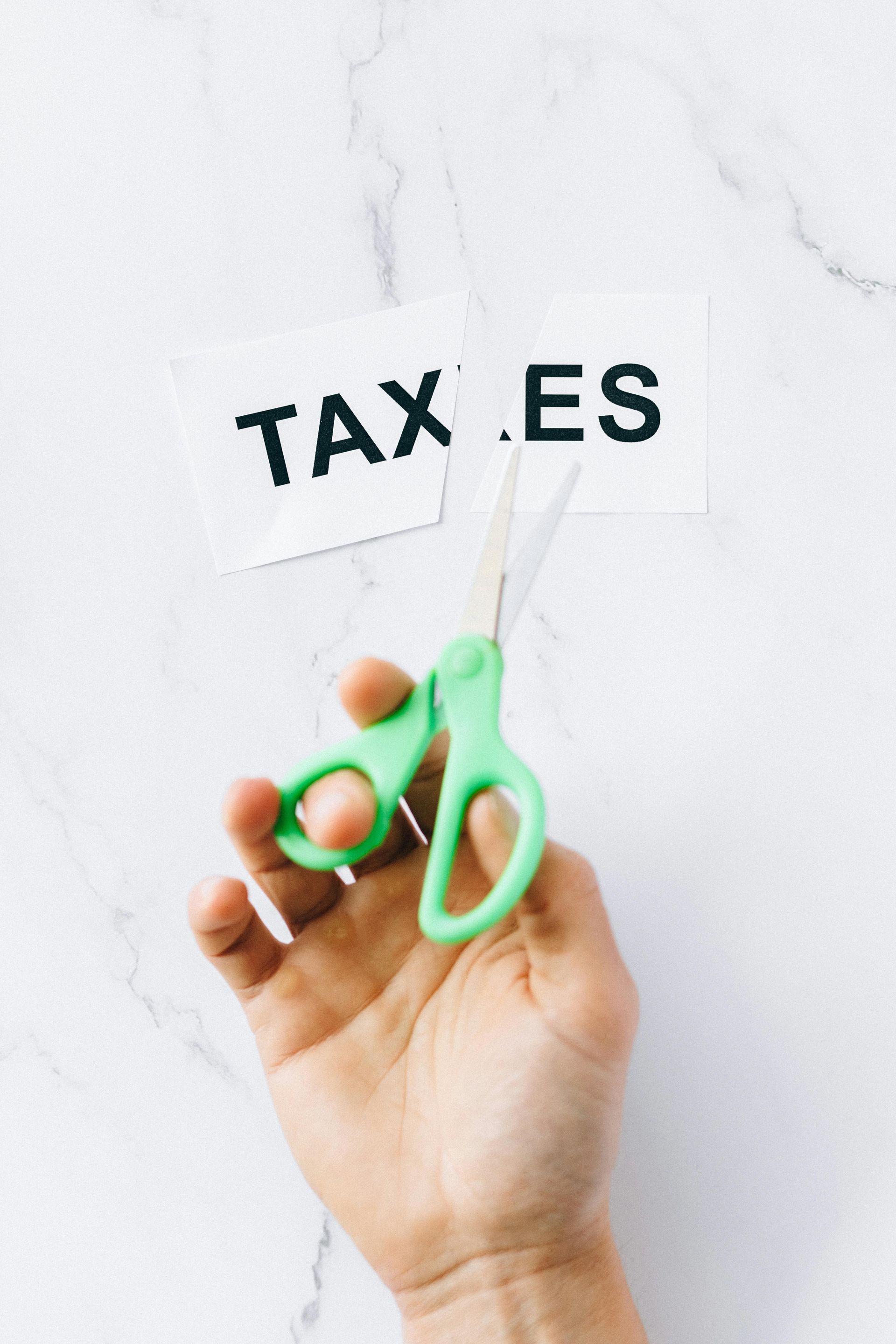When do you need reverse charges on VAT returns?
A reverse charge means that customers will account for VAT on your sales instead of your business (the supplier!) and vice versa.
This helps prevent fraud (there have been cases when a supplier has charged 20% VAT then have disappeared without declaring tax to HMRC!).
It also helps reduce administration (e.g. overseas suppliers don’t have to register for UK VAT).
If you buy services from abroad, you must account for reverse charge on your tax return (based on the VAT rate that applies to the service under UK law- usually 20%). This is how you would write it in your return:
- Box 1 (output tax) - usually at 20% of the invoice value
- Box 4 (input tax) - the same as Box 1, unless your business has an input tax restriction with partial exemption
- Box 6 (outputs) and Box 7 (inputs) - based on the net value of the invoice issued by your overseas supplier.
If your business imports goods you should elect for postponed VAT accounting. This means that you will not be charged VAT by HMRC (at the time of import), but you will carry out a reverse charge calculation on your next return.
In certain industries the reverse charge will sometimes apply to business-to-business sales and purchases. This includes the building industry, mobile phones and computer chips (if the sale value exceeds £5,000 excluding VAT), wholesale gas and electricity, emissions allowances and renewable energy certificates.
Get in contact with us today and we can tell you exactly when and how the reverse charge applies in each case!










